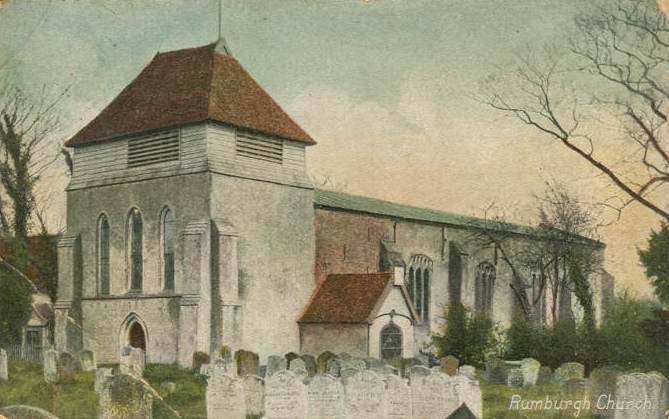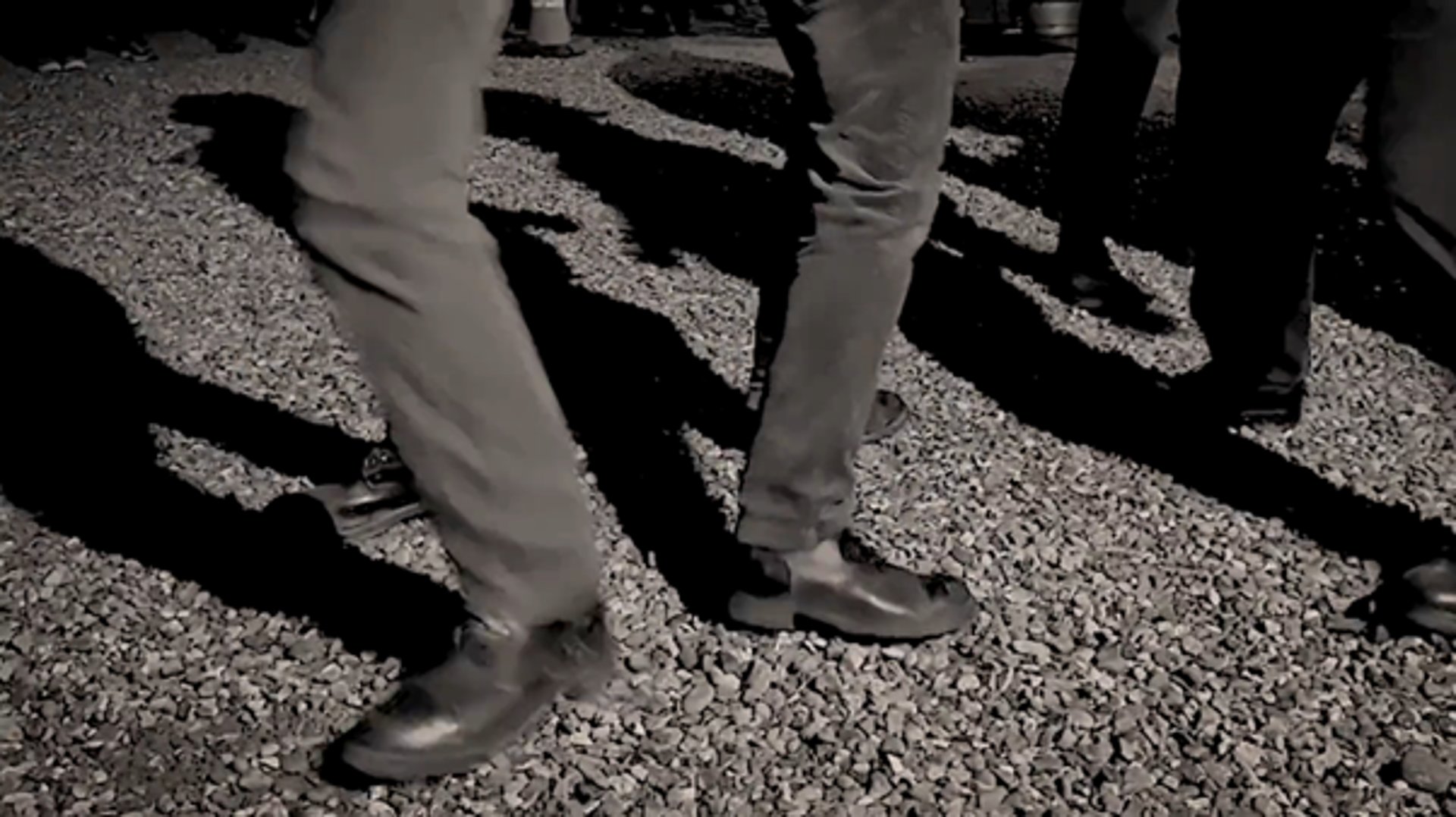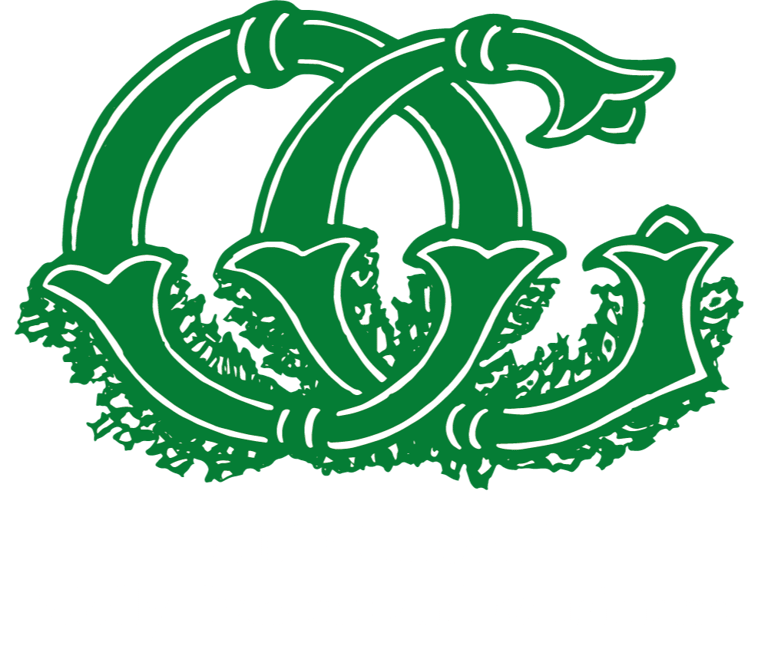Plough Monday
the history of Plough Monday in Suffolk
5/8/20241 min read
Plough Monday (the first Monday after twelfth night or Epiphany) is historically the day which marked the end of the Christmas period for the agricultural communities in the eastern counties of England. It was an occasion for plough gangs, who would be disguised, usually by blacking their faces, to procure money or largesse by dragging a decorated plough around the larger houses in the parish, with the cry of "Penny for the ploughboys!". It was said that if you did not contribute even one penny, you would find a furrow ploughed across your lawn in the morning. There may also be gangs of Molly dancers, sometimes accompanying the plough gangs. Before the Reformation, the Church sanctioned the collection of money, some of which went toward providing the plough-light, maintained by the ploughmen's guild in the parish church. This usually took the form of a candle or rush-light, placed before the altar, whose flame was never allowed to go out.



